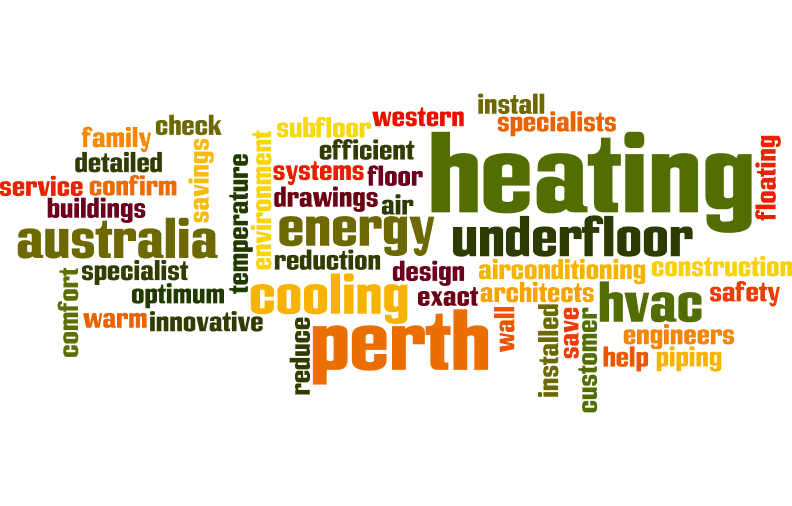If you’re looking for a way to reduce your energy bills and create a more comfortable and efficient home, then hydronic heating and cooling systems are an excellent option. Hydronic heating and cooling systems are incredibly efficient, easy to install, and can be tailored to suit the needs of your home. To make sure you get the most out of your system, it’s important to understand the different types of actuators that are available for use in hydronic heating and cooling systems.
Actuators are devices that control the flow of water through your system, allowing you to adjust how much heat or cold is delivered where it’s needed. Different types of actuators have different capabilities and features, so it’s important to choose the right actuator for your needs. Here is a rundown of some of the different types of actuators available for use in hydronic heating and cooling systems:
Electric Actuator: Electric actuators are designed to be used with electric motors, making them ideal for homes with existing electric heating systems. They provide precise temperature control and can be connected directly to a thermostat or other control device. Electric actuators are usually more expensive than other types of actuators but they offer greater accuracy and reliability.
Pneumatic Actuator: Pneumatic actuators use compressed air instead of electricity, making them an ideal choice for homes without existing electric heating systems. They can also provide better temperature control than electric actuators as they can respond quickly to changes in temperature or pressure within the system. Pneumatic actuators tend to be more expensive than electric models but they offer greater accuracy and reliability.
Mechanical Actuator: Mechanical actuators are designed for use with manual valves or other mechanical components within hydronic heating and cooling systems, such as pumps or boilers. They provide precise temperature control as well as reliable performance in extreme temperatures or high-pressure situations. Mechanical actuators tend to be less expensive than their electric counterparts but they may require more maintenance over time due to wear and tear on their components.
Servo Actuator: Servo actuators use sensors inside the system which measure temperature changes and then adjust the flow rate of water accordingly. This type of system requires minimal manual intervention and is able to maintain precise temperature control without needing constant adjustment from the user. Servo actuators usually cost more than other types of actuation but they offer superior accuracy, reliability, flexibility, durability, efficiency, and reduced maintenance requirements over time.
The type of actuation you choose will depend on your specific needs as well as how much you’re willing to invest in your system upfront. When considering which type is best for you, it’s important to take into account factors such as cost efficiency, installation complexity, level of accuracy required for temperature control, maintenance requirements over time etc.. Additionally opting for Euroheat Australia’s design & installation services may also prove beneficial due their 30 years experience constructing hydronics systems – ensuring quality workmanship & reduced costs from start up & throughout operation .
Overall investing in hydronic heating & cooling systems provides substantial savings due its lower running costs & higher efficiency when compared with traditional air conditioning & gas central heating – savings that increase year after year while providing greater comfort levels throughout all seasons due its even temperatures across all rooms . Generally speaking these savings range between 25%-30% annually – with calculations demonstrating yearly energy consumption reducing by 482kwh (kilowatt hours) when replacing old inefficient gas central heating , saving approximately $264 each year based on current electricity prices (Source : Sustainable Energy Authority Victoria ) .





